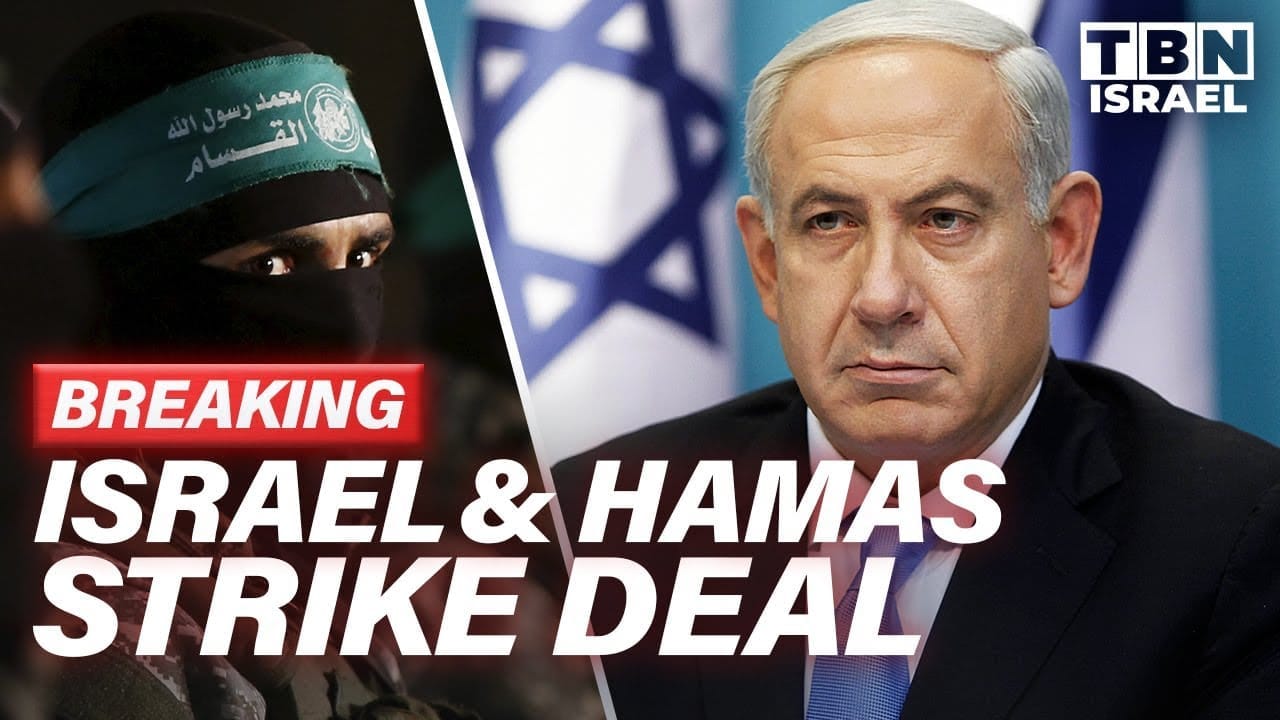The ongoing conflict between Israel and Hamas continues to be marked not just by violence, but by moments of human and political negotiation. Following an internationally-brokered ceasefire agreement, the latest development involved a high-profile exchange of individuals held on both sides. On Saturday, three Israeli citizens held hostage by Hamas were released in exchange for 183 Palestinians detained in Israeli prisons. The deal marks the fifth operation of its kind under the ceasefire framework aimed at reducing the immediate tensions in the region.
The three Israeli hostages, identified as Ohad Ben Ami, Eli Sharabi, and Or Levy, were taken captive amid the violence following a Hamas-led incursion into Southern Israel on October 7. Emerging from captivity, they appeared visibly frail and gaunt, sparking outrage and concern from Israeli authorities and the public. Government representatives condemned the condition of the returning hostages, asserting that their physical state underscored the gravity of their time in captivity. Observers were quick to draw attention to the humanitarian aspects of their detention, as well as the broader implications of such exchanges in mediating prolonged disputes.
For its part, Hamas released a statement denying claims of neglect or mistreatment and reiterated that the hostages were in “good health.” However, the visual evidence presented by the returnees has prompted calls for increased international monitoring of the treatment of individuals held during conflicts.
On the other side of the prisoner exchange, Israel freed 183 Palestinians, including individuals accused of involvement in acts against the nation’s security. Among the released were two high-profile prisoners who are considered veteran Hamas operatives. For Palestinians, the individuals released are often seen as symbols of resistance against what they view as an occupation, while Israel views them as convicted participants in acts of violence.
The release has been met with celebrations in several Palestinian towns in the occupied West Bank and Gaza. Families reunited with individuals who had been detained for years, and the event took on greater significance amidst growing calls for unity and solutions to the protracted conflict. Palestinians celebrated what they described as the release of political prisoners, while Israeli officials remained critical of the potential security risks posed by their return.
The exchange of individuals is governed by a carefully balanced ceasefire, brokered by international partners who continue to mediate between the two sides. While the ceasefire has provided a brief respite from the heavy casualties seen earlier this year, it is far from a stable agreement. Both Israeli and Palestinian officials have expressed skepticism about its long-term viability. Violations have been reported, and extensive negotiation remains necessary for broader political and humanitarian goals.
Strategically, the exchange underscores the complexities of the Israel-Hamas conflict, where human lives intertwine with power politics. On one hand, these exchanges offer moments of connection and reconciliation for affected families. On the other, they perpetuate heated debates over security risks, political concessions, and humanitarian concerns.
International reactions to the swap have been mixed. Statements from the United Nations and various human rights organizations welcomed the return of the individuals and called for further de-escalation measures. However, they also highlighted the need for stronger frameworks to address the root causes of the recurring crisis.
This recent exchange also highlights the stark disparity in the conditions of returnees on both sides. Images and accounts of the frail Israeli hostages stand in clear contrast to the jubilant scenes of Palestinian prisoners returning home to celebratory communities. This disparity adds fuel to the heated debate over how such exchanges should be approached in the future and the ethical implications surrounding their terms.
The detained individuals released by Israel are reported to include individuals convicted of or awaiting trial for security-related offenses. Officials in Israel have emphasized the need for stringent security measures to monitor the activities of released individuals, citing past incidents in which released detainees were implicated in renewed violence.
Efforts to use such exchanges as a stepping stone for broader peace efforts continue to face formidable challenges. The two sides remain deeply divided on issues such as territorial occupation, security policies, and the recognition of statehood. Despite the dire complexities, the exchange is seen as a reflection of limited progress in getting both sides to temporarily suspend hostilities and engage in dialogue—however fractured and tentative.
As the region navigates this tense, volatile chapter, one thing remains evident: the lives emerging from captivity represent both the human cost and political stakes of the ongoing conflict. Their stories amplify the voices calling for not just immediate ceasefires but also sustainable solutions to end the cycle of animosity and suffering.


